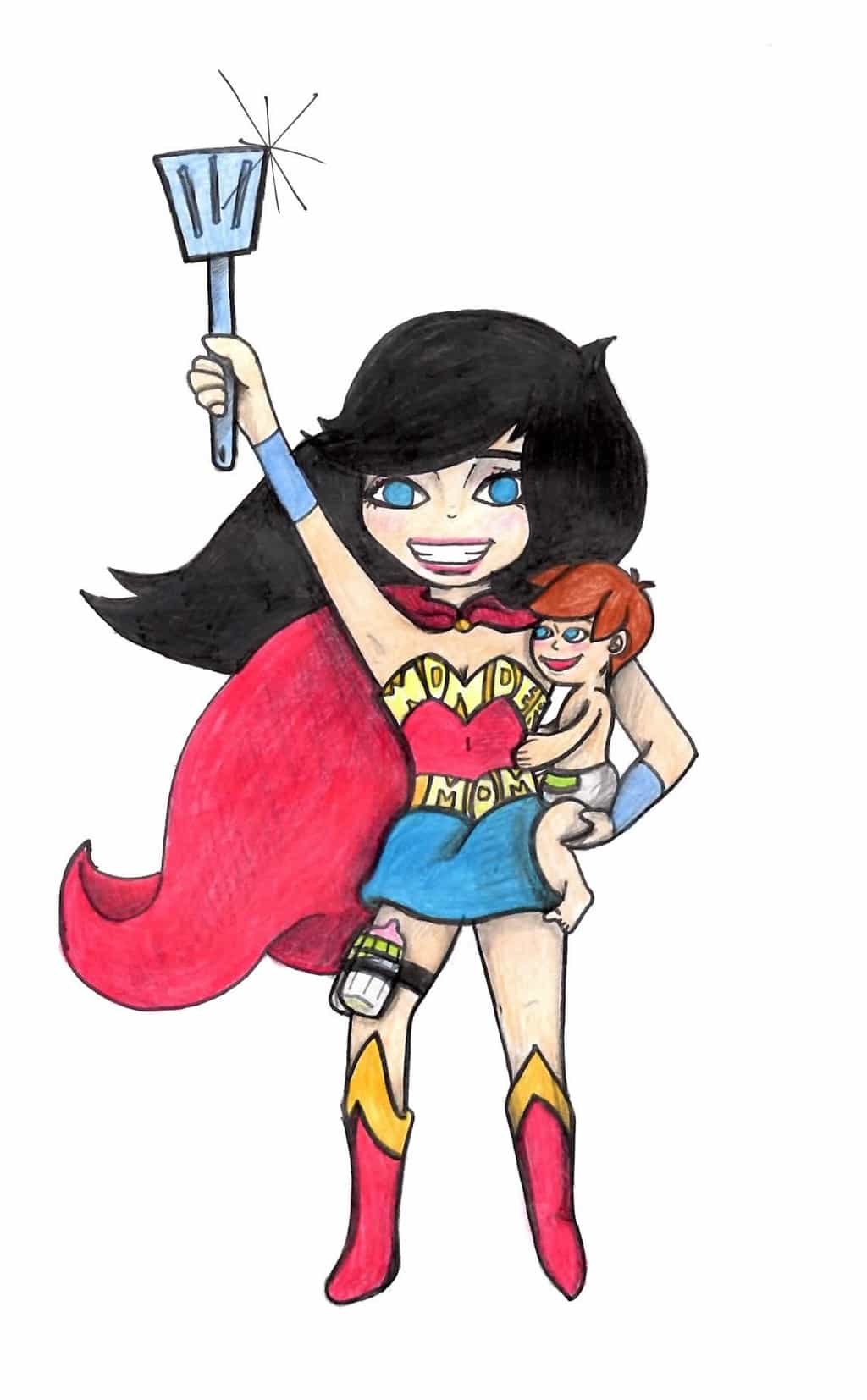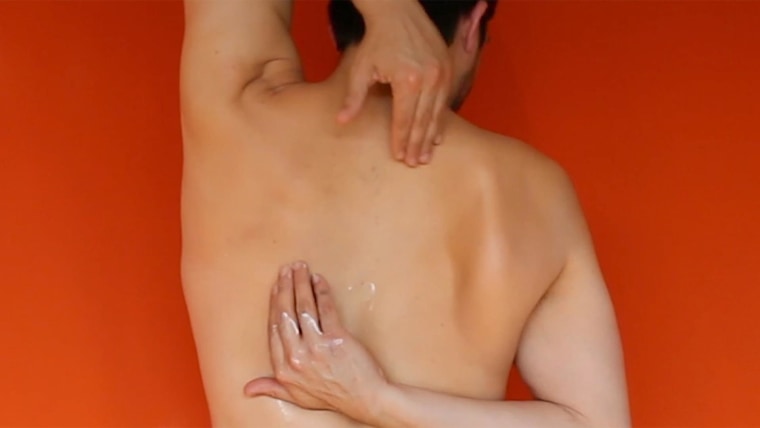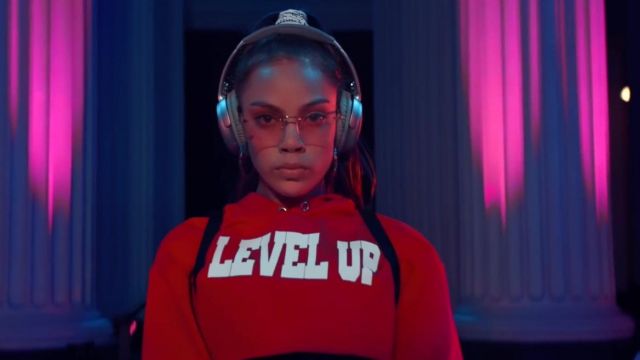The Psychology of Desire
There has long been a debate about the degree to which humans are influenced either by nature (DNA) or nurture (the circumstances under which a person was raised). I find this debate fascinating because of how I view my family. For example, my sister is 18 months older than me, so for many practical reasons, I can say we grew up under very similar circumstances, although we share few similarities.
One of my favorite questions is why. Why do I look like my father but have a lot of the personality traits of my mother? Why does my sister look like my mother but has the personality traits of my father?
The facts are easy to state: I am tall, pale, dark haired, and blue eyed. I take risks, I like attention, I am not conflict averse. The reasoning behind these facts are both where my fascinations with human behavior lie, and where my frustration at unanswerable questions develop. Like some scientists that have preceded me, I have wondered if certain behavior markers are indicative of DNA expression.
According to a 2019
study, there are some genetic markers that can make one more or less predisposed to risk tolerance or aversion, which can in turn factor in on ones impluses to act on desires.
"Food is the Most Abused Anxiety Drug"
One undesirable habit that I picked up from my parents was the self-soothing coping mechanism of eating my feelings. Both of my parents were over eaters and emotional eaters. It is unclear what biological or learned factors are at work, but I picked up the habit of emotional eating, but my sister did not.
I remember my mother crying and eating a box of cookies in one sitting. I remember excuses of why it was ok to eat a bunch of chocolate on your period, or that it was normal to reach for something sugary when you were upset. No matter the occasion, sugar was the way to celebrate or comfort. While my mother did teach me to savor various aspects of consumption in settings like fine dining, there was a huge disconnect from what my mother tried to teach us versus what she actually taught us.
While there is much that can be said about my mother's parenting style, an unfortunate aspect that colors much of it is inconsistency. I call my mom a hippy because we grew up in California eating Whole Foods and Trader Joe's, smudging our house with sage, and making sure there was an appropriate amount of crystals around. When it came to food, my mom and sister were vegetarian or pescatarian for a large part of my upbringing.
We were reading food labels before it was cool. One of the items we always had to check was breakfast cereal. We were not allowed to eat a breakfast cereal if sugar was one of the first four ingredients. I don't know how familiar you are with breakfast cereals in the United States, but this criterion pretty much just left us with the option of GrapeNuts or Basic Four.
I know my mother's heart was in the right place as she tried to teach me and my sister about nutrition, but children are better at seeing actions than intent. I remember one Halloween when I was about 7, I tried to use some of my mother's inconsistent sugar logic to be allowed to eat another Pixie Stick (if you are unfamiliar, this just colored, sour sugar).
My logic was something like this: 1) We have to eat vitamin C chews every morning because Mom says it is for our health, 2) The chews are sweet, sour, and taste like oranges, 3) Orange Pixie Sticks taste like orange vitamin C, 4) Pixie Sticks contain vitamin C, and are therefore good for me. 5) I should be allowed to have unlimited orange Pixie Sticks.
I was quite mad when I was denied my extra dose of sugar, because I felt like I couldn't get a hold on what the rules were. When I was older, I realized my mother was susceptible to fad diets and "expert" advice that was far from expert (Dr. Oz and Dr. Phil were respected in our house before I learned better).
Due to the inconsistencies in sugar logic, it took me a long time to actually learn the facts about sugar, including why it is so prevalent in
American food and culture, and the
biological factors in humans that make sugar so addictive.
Mental Strength
I consider myself a fairly smart individual. I enjoy learning, research, self-improvement, exercise, fresh foods, psychology, and science. By all measurements, I am smart enough to know what is good for me and what is not.
I have no shame regarding mental health, and how important it is to daily life. I understand the difference between healthy and unhealthy coping mechanisms. I can identify which of my habits are healthy or unhealthy.
I have found that to know something and to follow through with something are two separate beasts. When trying not to engage in unhealthy eating behaviors, I think about how my dad tried to cope with his unhealthy eating habits by imagining if your conscious would allow you to give a small child whatever you are going to eat.
"If you were babysitting little 7-year-old Casey, would you let her eat that whole tray of brownies? I hope not! Then why would you let adult Casey eat a whole tray of brownies?"
The most basic part of my brain wants to respond with some smart ass retort like, "Well 7-year-old Casey doesn't have to deal with the bullshit of being an adult, so adult Casey earned that tray of brownies."
I know damn well there is nothing that should earn me an entire tray of brownies, a whole batch of cookies, or the better part of a cake. I know that letting myself indulge in overeating sugar makes me feel literally sick to my stomach, it makes me feel disappointed in myself, it makes me feel mentally and emotionally weak. I binge so frequently that I gain weight.
Why in the world, if I know all of these things, do I continue to allow myself to indulge so heavily? According to
Healthline, "researches in France agree that the casual link between sugar and illegal drugs doesn’t just make for dramatic headlines. Not only is there truth to it, but also they determined the rewards experienced by the brain after consuming sugar are even 'more rewarding and attractive' than the effects of cocaine." While I am grateful I never had a predisposition towards cocaine, the addictive properties of sugar are nonetheless disturbing and undeniable.
Besides the fact that this year has been a doozy to put it kindly, and a shit show to put it bluntly, I have gone through a lot of changes. Most of them have been a net positive on my life, but none of it has come easy. I have used the isolation of this year to clarify my goals, act with intention in a way that follows my morals, and clear away what has not been serving me up to this point.
As I have previously written ad nauseam, I have jettisoned toxic people, I have dedicated myself to learning and self improvement, I have redefined my goals based on numerous life trajectory shifts. In the last few years I have quit smoking, gotten a Bachelor's degree, gotten married, consolidated my 401(k) accounts and learned how to grow them, started investing in the stock market, started a blog, started a book, established my family, managed my lupus, sold a house, and dramatically decreased my drinking. I feel that all of these changes are a testament to my mental strength.
And yet, I have changed so much of my behavior that I tened to use it as a justification to stuff myself full of junk food. According to my logic, I have cut out so much "bad" stuff and implemented so much "good" stuff that I deserve these constant, not-so-little treats. I feel like I am missing out if I don't have dessert after dinner. This is where my mental strength falls short.
Unlearning
I have tried so many things to get this beast under control. I have tried a dissolvable pill called Sweet Defeat that contains zinc, which can confuse your taste buds and how your brain interprets the flavors so that you do not get the "high" that sugar provides. I have found I can easily talk myself out of taking it after dinner. I have tried not to buy desserts from the store. Too bad I am a good baker with infinite recipes at my finger tips!
While not his fault or his problem, my husband also loves sweet treats after dinner, and he loves my body at any size. This does not give me much incentive not to have sweets around.
In a year when I feel I have deprived myself of so much in order to keep from contracting a deadly disease, baking and eating sweet treats is not only a fun tradition, but a 34 year old tradition of self soothing.
While I have the mental strength to follow through and accomplish great things, I have to first unlearn my dependency on a sugar rush to easy my anxiety or sadness. I have to unlearn the connection between sugar and happiness I would see in my parents faces as they binged to feel better. I have to unlearn what being kind to myself looks like- reading a book or going for a walk instead of stuffing my face with lemon cake. I have to unlearn that moments of elation having the sugar melt on my lips is not worth the negative self-talk that follows it.
After all of the unhealthy ways I have learned to make myself feel better in the short term, I need to learn that I am worth the effort to find satisfying ways to end my evening that don't interrupt my sleep, my hormones, and my weight goals.
When it comes to breaking my dependence on sugar, I haven't figured out the how quite yet, but at least for now I have a better understanding of the why.
If you or a loved one suffer from addiction, you can seek assistance with the Substance Abuse and Mental Health Services Administration by clicking this link or calling 1-800-662-4357














